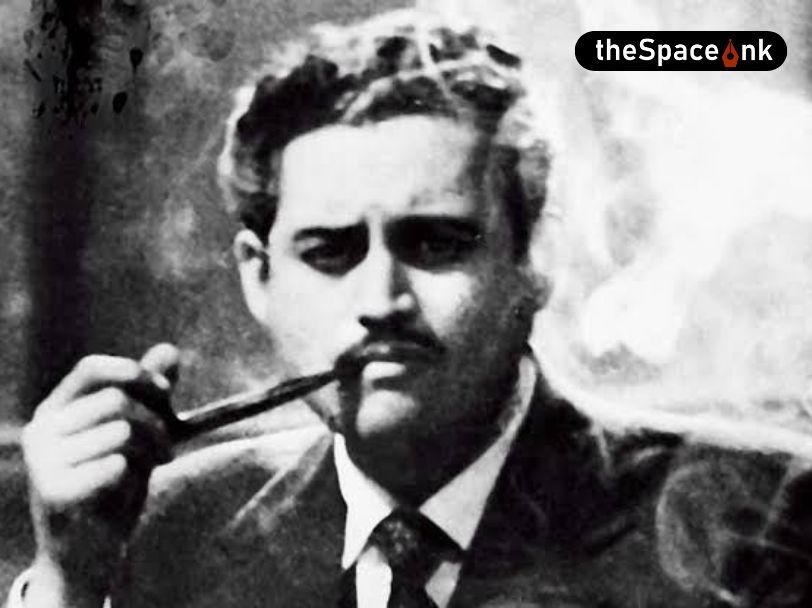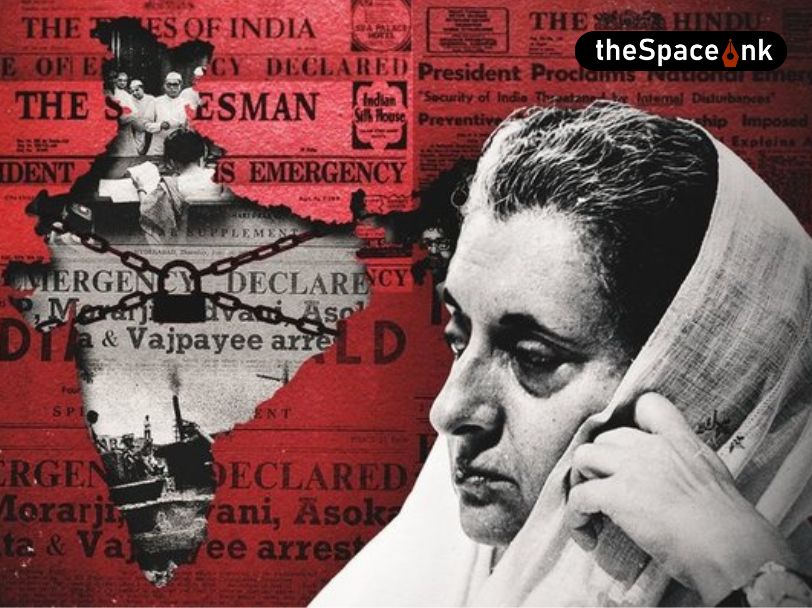Kaifi Azmi was a man of his times. It was the bubbling cultural milieu of the pre-Independence era that shaped his literary character. His parents wanted him to be a maulavi but Kaifi dropped out of the madrasa during the turbulent Quit India Movement and plunged headlong into the environment of revolution that engulfed the decade. He became a full-time member of the Communist Party of India. His involvement in the labour movements took him away from home and acquainted him with socialist literature. It was only a matter of time before he became actively involved in the Progressive Writers’ Movement (PWA) and the Indian Peoples Theatre (IPTA). He took it upon himself to motivate his fellow comrades through poetry and wrote:
“Raah agyaar ki dekhain yeh bhale taur nahin
Hum Bhagat Singh ke saathi hain, koi aur nahin.”
(That we would wait for others to take lead, does not suit us,
We are the comrades of Bhagat Singh, and none else.”)
He lived in a modest commune in Andheri. As a party member Kaifi earned a monthly stipend of Rs 40 which bore the expenses of the family. He was by then already married to Shaukat Azmi who would go on to become another important member of the IPTA in her own right. As a member of the PWA he along with fellow comrades travelled the length and breadth of the country during the Bengal famine to collect aid for the hungry. They raised Rupees two lakh as aid. He wrote countless powerful verses making his mark as a rebellious progressive Urdu poet.
The Bombay film industry was then a hotbed of young fiery talents with leftist leanings. A bunch of talented writers made their way into the films as lyricists, script writers, film journalists and so on. After the Independence, Azmi too became a part of the bandwagon. His first work as lyricist for a film was in 1951 for Buzdil, directed by Shaheed Latif who happened to be the husband of the famous Urdu poet and author Ismat Chughtai. Chughtai was another prominent member of the PWA. Azmi went on to write several songs for Nanubhai Vakil but was yet to achieve recognition. In 1959 he worked on what was the first major project of his life, Kaagaz ke Phool, by Guru Dutt. The film tanked at the box office but the hauntingly beautiful songs remain popular to this day. His collaboration with Chetan Anand and Madan Mohan created immortal songs like ‘Tum jo mil gaye ho’ (Hanste Zakhm, 1973).
His association with films continued for the rest of his life, as he remained active as a lyricist till the 90s. He was also an acclaimed dialogue writer. He received the National Award for writing the dialogues of Shyam Benegal’s ‘Manthan’. Kaifi Azmi, addressed fondly as Kaifi Saab by the film fraternity is a recipient of Padma Shri and Sahitya Akademi Awards.
Kaifi Azmi was born in Mijwan near Azamgarh on January 14, 1919. He dedicated his life to its social and financial upliftment, turning it into a model village of sustainability. The NGO Mijwan Welfare Society set up schools for girls, training centres for the village women and the youth.








